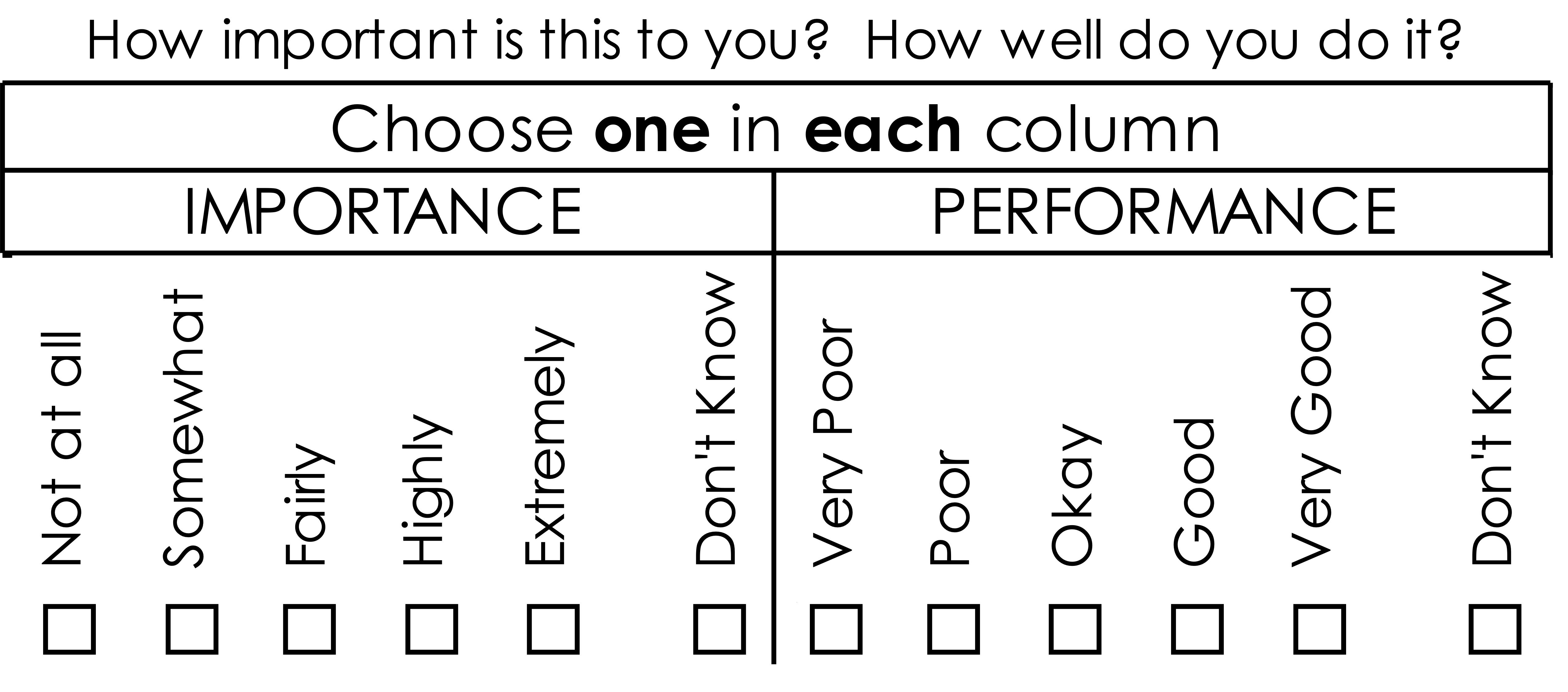How to Gain the Advantages of a Strategic Alliance
- Home
- Basic Productivity Skills
- Advantages of a Strategic Alliance
Consider the advantages of a strategic alliance.
Your time might be better spent in allowing someone else to carry out a critical function. Aligning with them might open up new possibilities and opportunities that you never imagined.
Often we think we can do it all ourselves. Down the road we realize that we need help, but by then we have lost time, depleted resources, and created more frustration than we ever wanted to deal with.
There is power in alliance. A team can move forward, bringing the best out in each member. Structure the relationship for success. Be clear about responsibilities. Welcome creativity, input and innovation. Be bigger than you are alone with a well-placed alliance.
"Our power as individuals comes not from our independence, but from our interdependence, our interactions, and the way we relate to the people and the opportunities around us."
Donna Fisher, Sandy Vilas, Power Networking
Five Days of Coaching to Help You Gain the Advantages of a Strategic Alliance

DAY ONE
How adept are you at finding people better than yourself? Today is an awareness day. What cause, project or program is a priority for you? How could you create significant movement by creating an alliance? What moves you forward or holds you back in aligning with others?
The Coach asks:
- What do you believe about finding people "better than yourself?" Do you view doing so a help or an inconvenience? How complicated do you think this would be? How willing would you be to try?
- What one project or program have you recently had, that might have benefitted from having an additional partner playing a critical role? How would it have helped? How do you think outcomes would have been affected?
- How would you or your team go about looking for a complimentary partner, in order to gain the advantages of a strategic alliance? What criteria would you use?
- What current project, program or initiative do you have, for which making a strategic alliance is a good plan of action? Give this some further serious thought.
DAY TWO
Make a list of individuals or organizations you respect who are really good at doing some particular thing. How much of what they do is in alignment with what you need done?
The Coach asks:
- Who's out there that compliments what you do and could possibly meet your need? Make a list. How exactly do they align with you? In what ways are they different?
- Who might be out there, that you don't currently know exist? How could you find out?
- What are the pros and cons of reaching out to one or more of those on your list, to initiate a discussion?
- What exactly is it that you are looking for? What will you tell them? Ask them? Want to listen for from them? Look for by way of process to inform your thinking, decision-making and next steps?
DAY THREE
Today, think about the nature and substance of creating alliances. What needs to be agreed to? Written down? Checked up on? Divided up? What's needed to create win-wins? What's needed to give you a level of confidence and security to share and collaborate fully?
The Coach asks:
- What need to be present so that everyone can gain the advantages of a strategic alliance? What makes good alliances? What hinders good alliances being made and moving forward successfully?
- What exactly is a win-win, or a win-win-win?
- In order for you to make a successful strategic alliance, what needs to be clear? Think of this from five different but interdependent action areas - outcomes, clarity, ownership, structure and momentum.
- What's needed to give you confidence and security to share and collaborate fully?
DAY FOUR
Create an alliance around something that will return a significant benefit to you. Don't worry about what anyone else might think. What's important enough to you and the other party to make the alliance of value?
The Coach asks:
- Create an alliance today. It doesn't need to be worth billions or extend globally. Do something small and local, or even quite personal if desired. This is to flex your alliance-making muscle.
- What did you notice? What worked in setting this up? What needs adjustment? What further did you learn?
- How is making a "simple" alliance, the same as making that alliance that is worth billions or extends globally? What differences, if any, are there in substance?
- What determines value?
DAY FIVE
Who's on your team? How many really effective teams are you a part of? Optimize your most important teams. Assess changes you absolutely know need to be made and make them. Trust your gut and ask key people to be a part of your team. They may say “yes”. The worst they can do is be flattered and say “no”.
The Coach asks:
- Who do you consider to be key people or entities "on your team?" Are you on several teams? If they are part of the same initiatives, how do they all relate? How efficient and effective is this?
- Thinking of individuals, who would you like to be on your team, but currently isn't? Have you asked them? What has caused you to not ask them? How could you ask them? When? What is the value in it for them?
- How possible is it to have the "perfect" team? How close are you? What adjustments may need to be made in the near, medium and longer terms?
- What have you learned about pursuing the advantages of a strategic alliance? How will you carry this forward?
My Partner and Co-Worker Among You

As a Christian Executive Leadership Coach I encourage Christian leaders to reflect on God's Word to add to their wisdom.
- Ecc 4:9 - 12 Two are better than one, because they have a good return for their labor.
- 2 Cor 8:23 As for Titus, he is my partner and co-worker among you .."
- Gen 2:18 The Lord God said, "It is not good for the man to be alone. I will make a helper suitable for him."
- 1 Cor 12:20 - 21 As it is, there are many parts to the body. The eye cannot say to the hand, "I don't need you." And the head cannot say to the feet, "I don't need you." On the contrary ...
- Pr 13:20 Walk with the wise and become wise, for a companion of fools suffers harm.
If you are a leader, executive, or senior level professional looking to work with a Christian Executive Coach, I invite you to connect with me here.
If appropriate, we can meet by phone or Zoom to discuss your situation.
Record Your Progress
This is your opportunity to track your progress. Start by asking yourself how important this practice is to you? Record the importance as - not at all, somewhat, fairly, highly or extremely.
Now next to it ask yourself how well you carry out this practice. Record your performance as - very poor, poor, okay, good or very good.

The things we track, we pay attention to. Across time, come back and record your new results. You will find that as you are intentional about making improvements, you will bump your "score" up higher.
This is significant. Don't miss the opportunity to acknowledge your success, and use it as a springboard for making even further gain.
Notes
Our modern reality contributes to creating fractures in the social fabric of relationships. Either by intention or lack of awareness and attention, we are isolated in so many ways. Our inclination is to "go it alone."
Don't adopt this mindset. Okay, your business or initiative may not need to pursue the advantages of a strategic alliance right now. But don't rule it out as a possibility down the road. Be open to reaching out to others and allowing the strength of both to contribute to achieving good things.
Contact me here Privacy Policy
© G.E.Wood and Associates. All Rights Reserved in all media.
G.E. Wood and Associates is an international coaching firm registered in Ontario, Canada
142 Pratt Crescent, Gravenhurst, Ontario, Canada, P1P 1P5